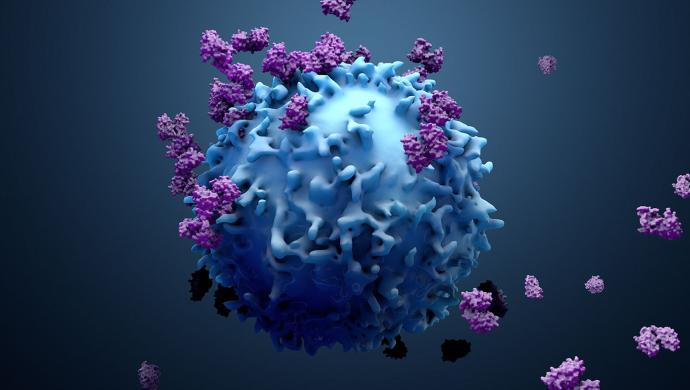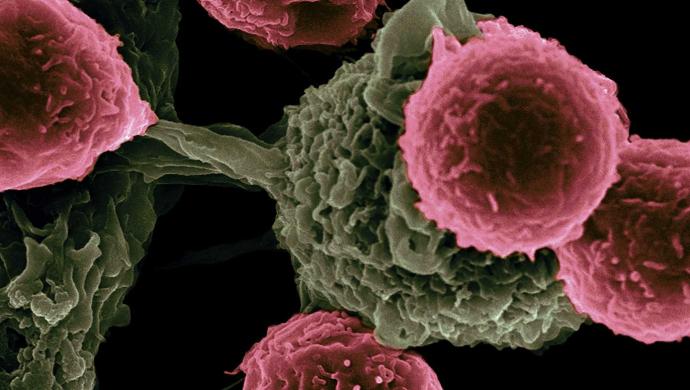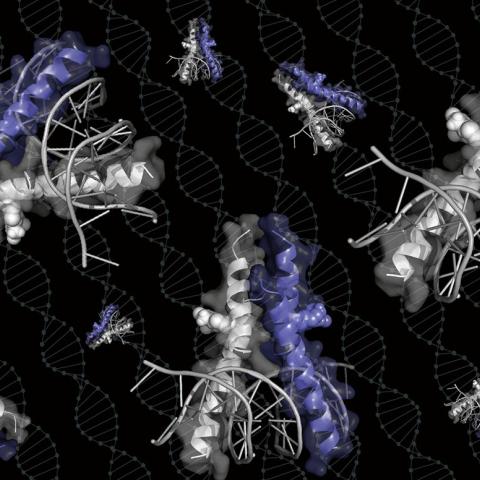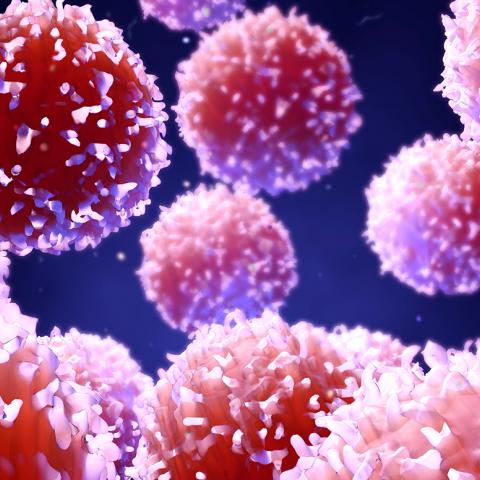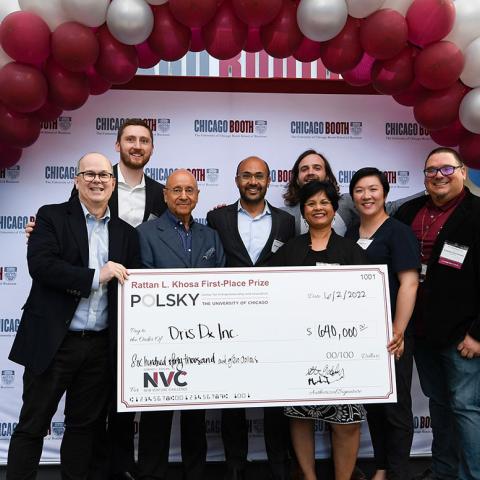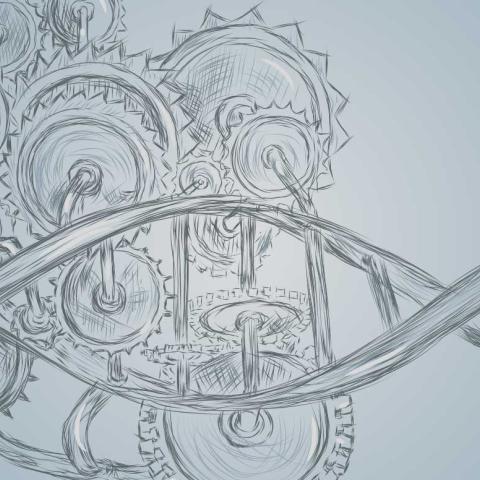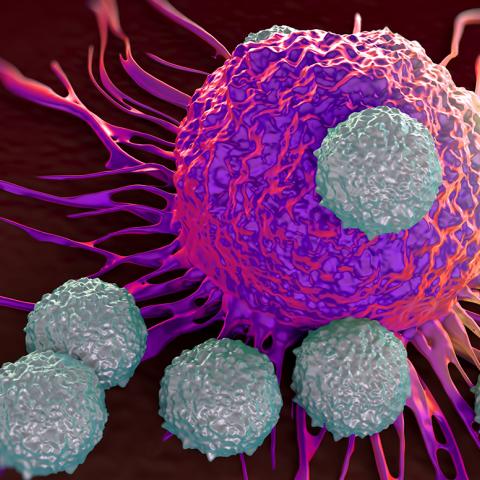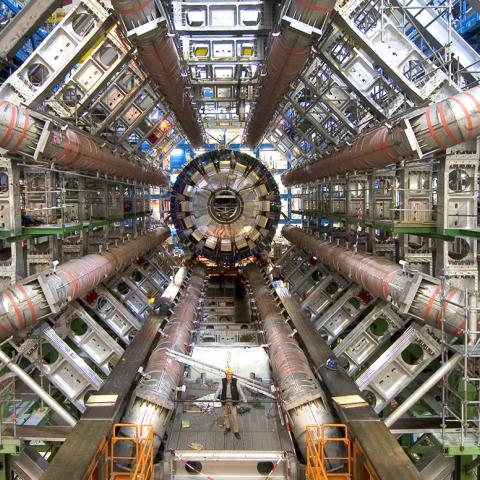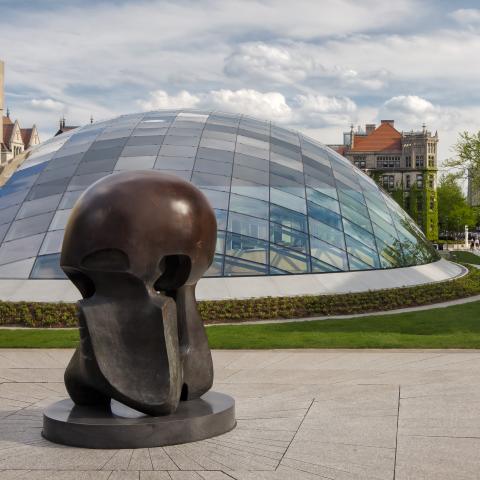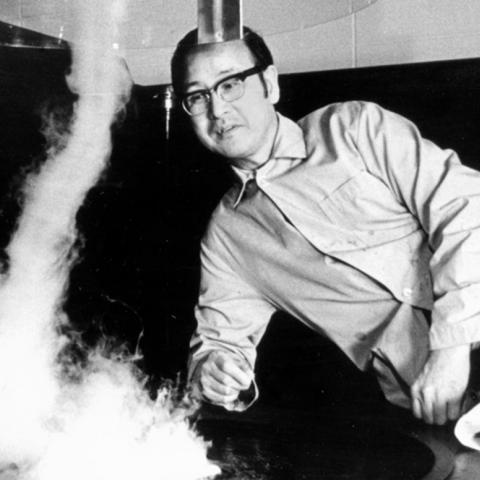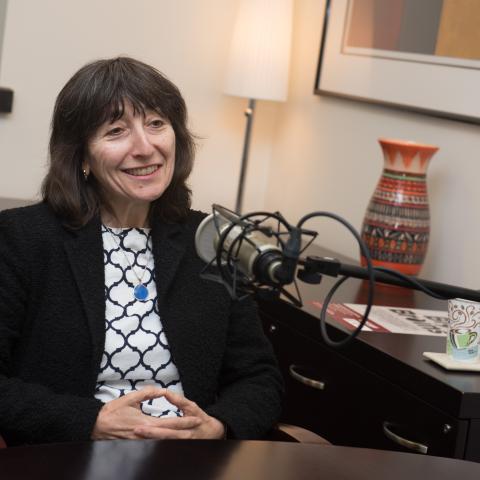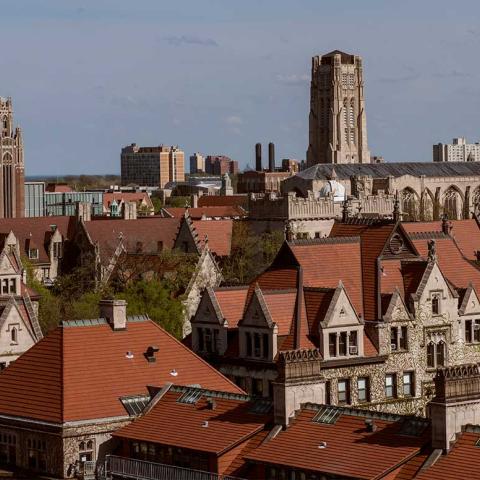Cancer Research
In the mid-20th century, we knew very little about the causes of cancer. But one University of Chicago scientist became convinced that it involved a factor that few had suspected—and her discovery would fundamentally change the way we understand and treat cancer. Today, UChicago scholars continue to build upon that groundbreaking research.
In 1972, Janet Rowley was a young scientist and physician at the University of Chicago interested in studying cancer and inherited diseases. Poring over photographs of chromosomes taken from the malignant cells of leukemia patients, she noticed something odd: Two chromosomes had consistently swapped genetic material in each of the patients. In patient after patient, she found the identical genetic swap, known as a translocation.
This was the moment that established cancer as a genetic disease—the result of changes in a cell's genetic material. At the time, cancer was not thought to be a genetic disease. But by 1990, more than 70 translocations had been identified and linked to different cancers.
Rowley’s discoveries fundamentally changed the way cancer was understood and treated. Her work opened the door to the development of targeted drugs and created a model that still drives cancer research.
Today, scientists at the University of Chicago continue to build upon Rowley’s work. From advancing immunotherapy—a treatment that uses the body’s own immune system to detect and destroy cancer—to planning the city’s first freestanding clinical cancer center, UChicago continues to deepen our knowledge and develop innovative new treatments in the fight against these complex diseases.
Explore UChicago Library’s archival collections on cancer researchers:




